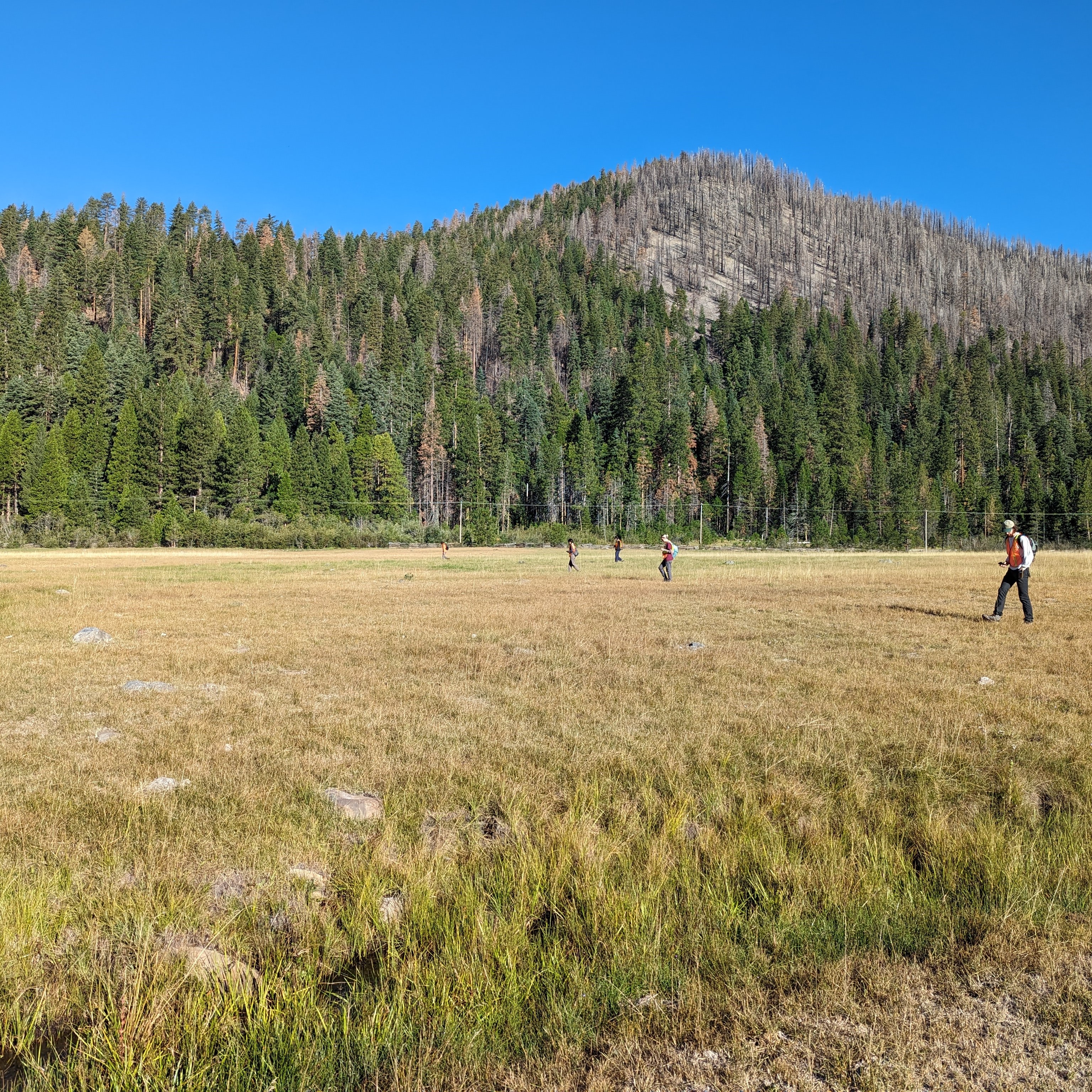Breadcrumb
Archaeological Services
Since our inception, the identification, evaluation, excavation and interpretation of archaeological resources has stood at the top of the long list of services that CRF offers. We employ highly skilled experts in both prehistory and historic archaeology and have extensive experience in undertaking archaeological studies throughout California and Oregon.
Our archaeologists assist public and private clients in navigating the complex maze of federal, state and municipal preservation laws and work in close coordination with architects, engineers, and landscape architects in the successful completion of historic building and landscape restoration efforts. CRF also regularly undertakes archaeological investigations for research and educational purposes.

Representative Project Types:
- Energy
- Government
- Private Development
- Public Utilities: Water & Sewer
- Telecommunications
- Transportation
Construction Monitoring
Mostly undertaken within urban environments as part of the Phase IB process. Construction monitoring is most common in urban settings such as New York City and may, in some circumstances, satisfy Phase IB and Phase II testing requirements. This process requires an archaeologist to be on site during earth moving activities in archaeologically sensitive areas.
Historic Architectural Surveys
CRF maintains one of the largest and most highly skilled staffs of architectural historians working in California. CRF staff routinely performs reconnaissance and intensive level architecture surveys primarily for regulatory compliance. The staff are experts in the evaluation of the significance of historic resources and the assessment of their eligibility for listing in the National Register of Historic Places. The firm also prepares municipal historic sites inventories and provides historic interpretive and mitigation services.
Historic Preservation Planning
CRF provides historic preservation planning services to individuals, businesses, not-for-profit groups, and governmental entities that are responsible for the care of historic properties or tasked with managing the future growth of communities. CRF’s experienced staff frequently works independently and with architects, planners, and other preservation professionals in the production of Historic Structures Reports, Preservation Plans, Historic Resource Surveys, and Master Plan Historic Preservation Elements.
National Register Of Historic Places Nominations
CRF’s historic preservation professionals have extensive experience in the National Register of Historic Places evaluation and listing process. The National Register was established in 1966 as a part of a program to identify, evaluate, and protect the nation's historic and archaeological resources. Today, the National Register serves as one of the most important tools for assisting in the long term preservation of the historic patrimony of the United States. Formal recognition of the significance of an historic resource or an historic district through listing in the National Register promotes greater public appreciation of our heritage and encourages appropriate consideration of the listed property when important public planning decisions are being made. CRF offers its clients extensive experience in preparing applications for listing historic resources to the National Register of Historic Places and have successfully shepherded many nominations through the full listing process.






